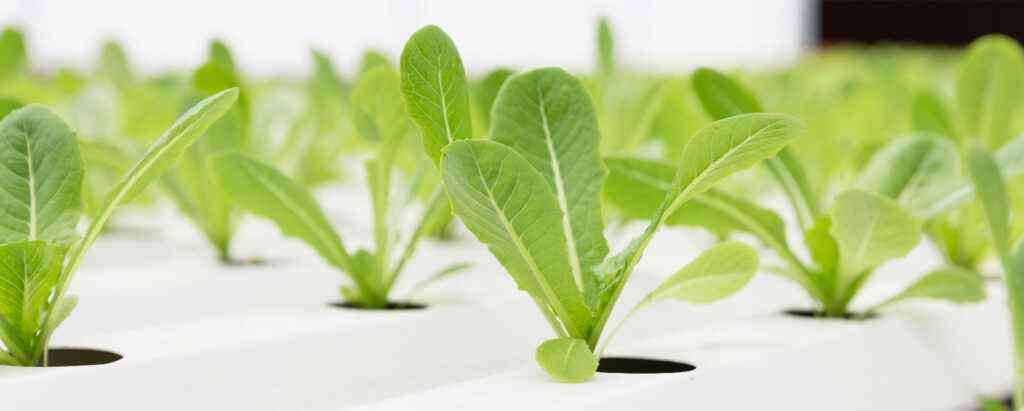When it comes to the environment, agriculture is a double-edged sword — it both significantly contributes to and is impacted by climate change and pollution.
Agricultural production emits approximately 12% of man-made global greenhouse gases into the atmosphere annually. Heavy, inefficient synthetic fertilizer use in conventional farming also pollutes the air and water. Although agriculture is one of the main contributors to these problems, our food systems are extremely vulnerable to climate changes and environmental degradation.
On the economic end, the rising costs of agricultural production inputs are putting an even greater strain on farmers. For instance, synthetic fertilizer prices nearly doubled from 2020 to 2021.
The burdens of our current industrial farming systems are simply not sustainable in the long run from an environmental and financial standpoint. How we view the relationship between agriculture and nature needs to change and develop more resilient and profitable food production systems.
So what can farmers do?
Practicing closed-loop agriculture offers an answer to both mitigating high fertilizer costs and substantially reducing the environmental pollution of farms. At a high level, closed-loop agriculture involves retaining nutrients and organic matter within the same food production system.
Creating a closed-loop agriculture system requires planning and technology. Information technologies such as sensors and automated control systems can be leveraged to better understand plant growth conditions and chemical composition. Also known as precision agriculture, these tools give you a baseline for comparison. They also allow you to customize your nutrient management to minimize inputs while improving plant health and food production.
In addition to monitoring, nutrient recycling is another key to a successful closed-loop agriculture system. Traditional farms cancan utilize organic waste processing technologies such as anaerobic biodigesters that can recapture vital nutrients. Processing animal and plant wastes lowers their greenhouse gas emissions and allows for safe disposal.
More innovative closed-loop horticulture systems, such as hydroponics and vertical farming, can help you reach new heights in productivity and nutrient recovery. These methods are inherently self-contained and use a water-based mineral enrichment solution in place of soil. There is enormous potential to use these technologies to recapture and incorporate elements vital to plants, such as nitrogen, phosphorus and potassium.
Closed-loop vertical farming is especially suitable for confined areas, such as urban agriculture. Hydroponics can be implemented at any scale, from a single building to an industrial operation.
Farmers have the opportunity to positively impact the planet by practicing closed-loop agriculture. Keeping nutrients and organic matter within the system reduces agricultural greenhouse gas emissions, helping mitigate global climate change. Your community will also thank you. Closed-loop farming lessens air and water pollution, leading to healthier aquatic environments and more breathable air locally.
Closed-loop horticulture equals affordability and productivity. Effective nutrient recycling revitalizes plants, improving their nutrient composition and development. Healthier, more robust crops require fewer external inputs (i.e., synthetic fertilizers). Lessening your reliance on outside sources means less resource use and more freedom to choose how to operate the farm, all while saving money.
In the end, it all comes back to resilience.
Improved nutrient management is integral to transforming the impacts of agriculture on the environment from harmful to helpful. Plus, there are undeniable economic benefits that make closed-loop agriculture a no-brainer — you can improve yields while lowering costs and fostering healthier ecosystems. Nutrient and organic carbon recycling and management are key to combating climate change and protecting farmers and food systems in the long term.
It’s time to put these natural systems to work in our favor in food production. Closed-loop agriculture harnesses the circular flows of nutrients and organic matter to cultivate more resilient farms and agricultural systems.


